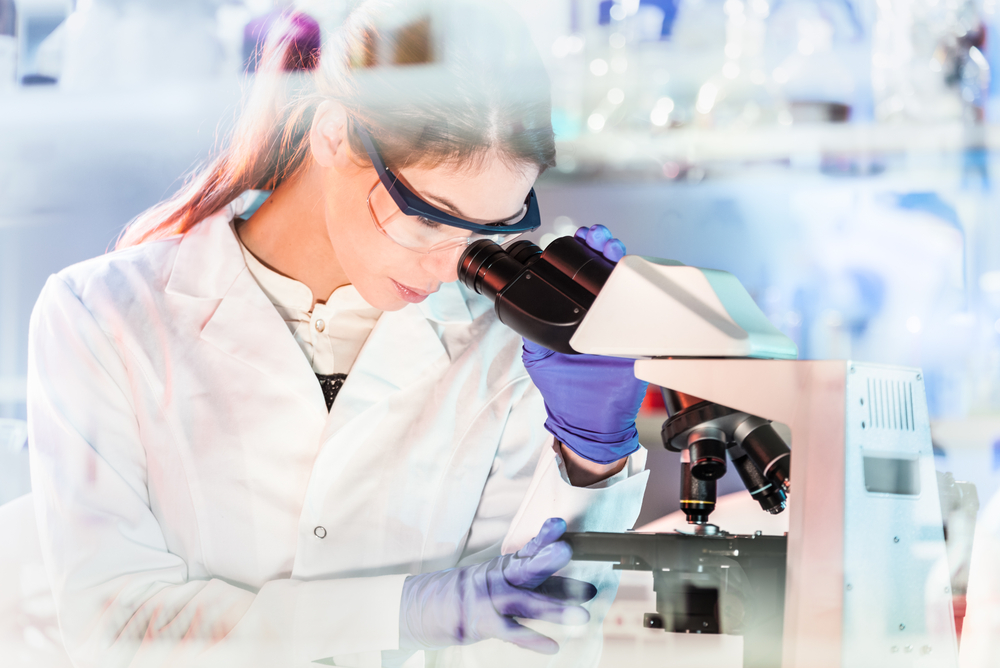BioMed X, Merck Start Research Project for Autoimmune Diseases, Including MS
Written by |

BioMed X announced a new collaboration with Merck to create a joint research group to investigate the role of the intestinal epithelial barrier in the development and progression of autoimmune diseases, including multiple sclerosis (MS).
The intestinal epithelial barrier is a physical border between the gut and the rest of the body, made of cells tightly bound together. This barrier separates the contents of the intestine, including microorganisms and foreign substances, from the components of the immune system present beneath the barrier. It also is very important for transporting nutrients, water, and waste products between the gut and the rest of the body.
Several autoimmune diseases have been linked to the loss of the intestinal epithelial barrier.
With their new research group, BioMed X and Merck will focus mainly on the interaction between dendritic cells (sentinels of the immune system that identify foreign substances like microorganisms, and can trigger immune responses), and intestinal enterocytes (the main cell type present in the intestinal epithelial barrier).
Researchers will use a series of studies to investigate the components that might influence the interaction between the intestinal epithelial barrier and the immune cells present in the gut of patients with autoimmune diseases. These studies will include metagenomics, which is a technique that allows researchers to identify and put into proportion the populations of microorganisms present in a given environment.
Furthermore, cells from mice and humans will be collected to develop organoids, a three-dimensional organ model of the gut that mimics the intestinal epithelial barrier. These organoids then will be exposed to immune cells so that researchers can observe the interactions between them.
The goal is to identify new biomarkers and therapeutic targets that support the development of novel therapies for the loss of the intestinal barrier, and prevent the development and progression of autoimmune diseases.
“We are excited to further extend our collaboration with Merck” Christian Tidona, founder and managing director of BioMed X, said in a press release.“This is our first joint research group with Merck beyond the field of oncology, and we are looking forward to working with Merck.”
With this new research group, BioMedX and Germany-based Merck KGaA, which is known as EMD Serono in the U.S. and Canada, have a total of six research projects ongoing at the BioMed X Innovation Center in Heidelberg, Germany.


